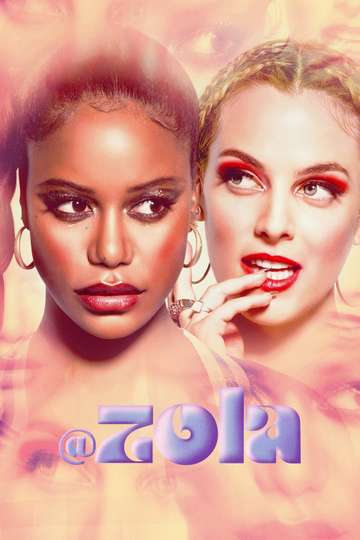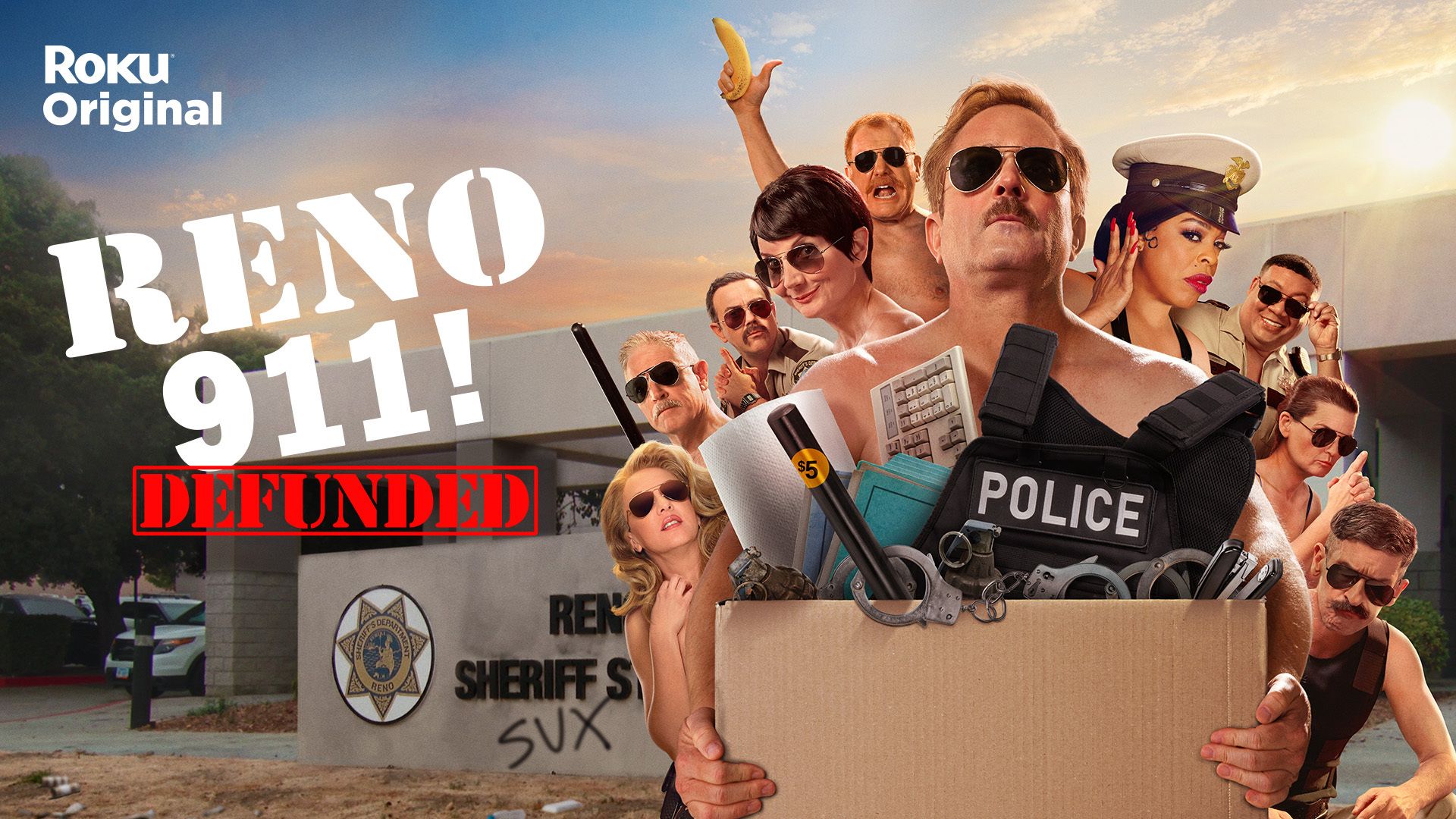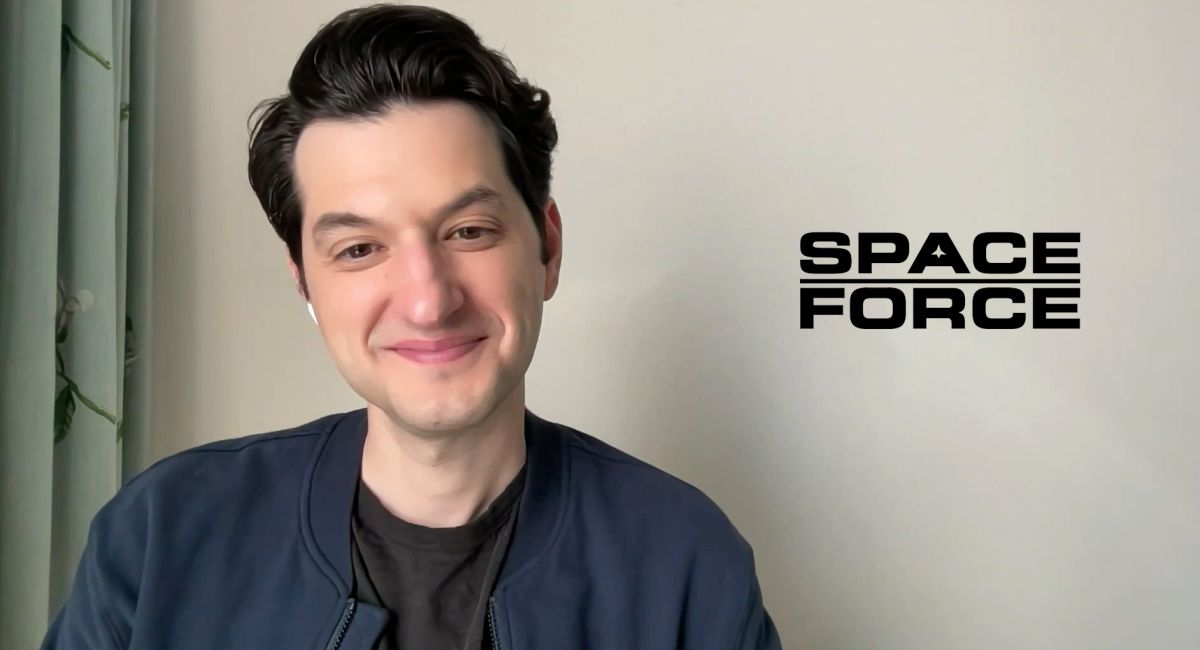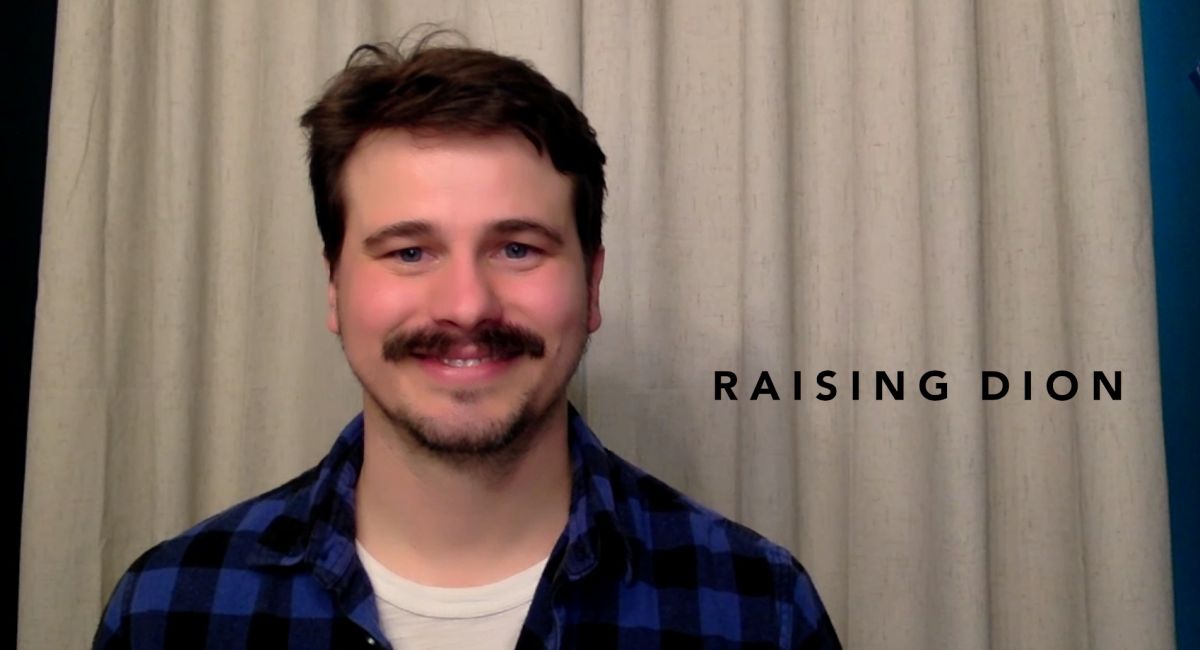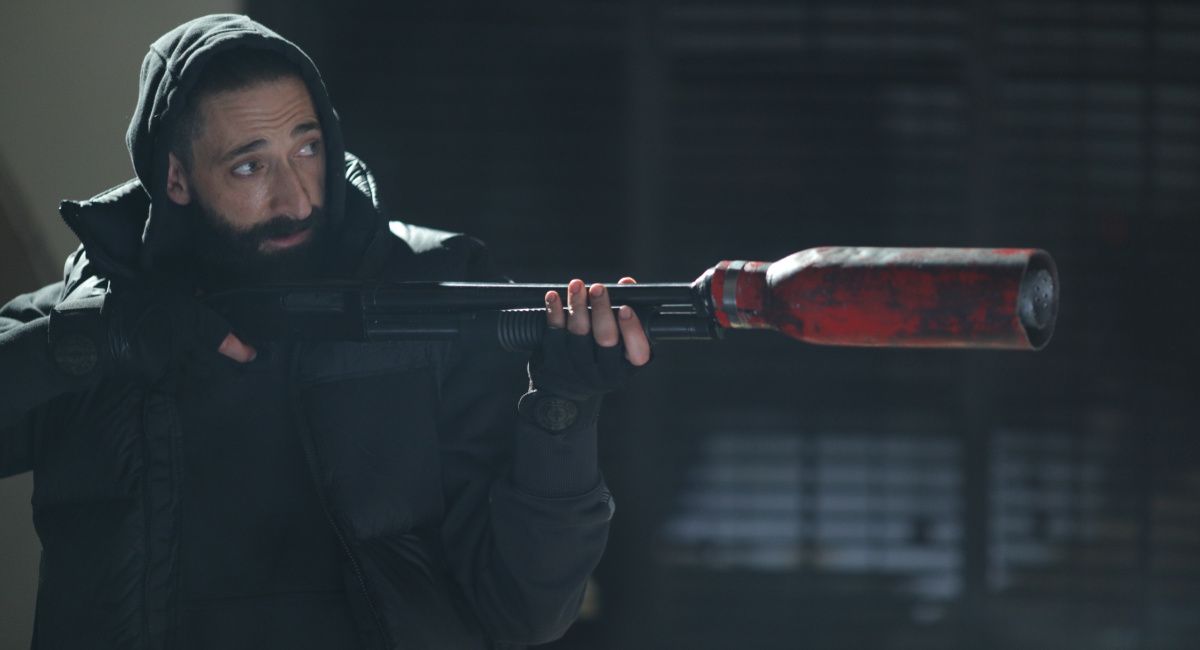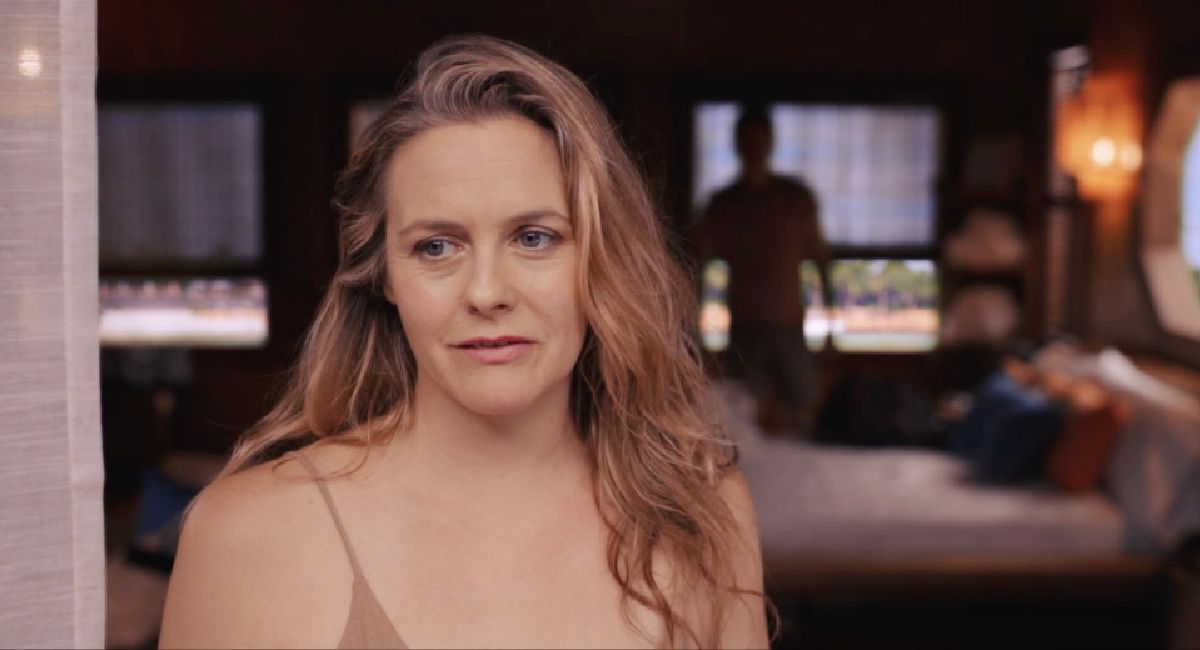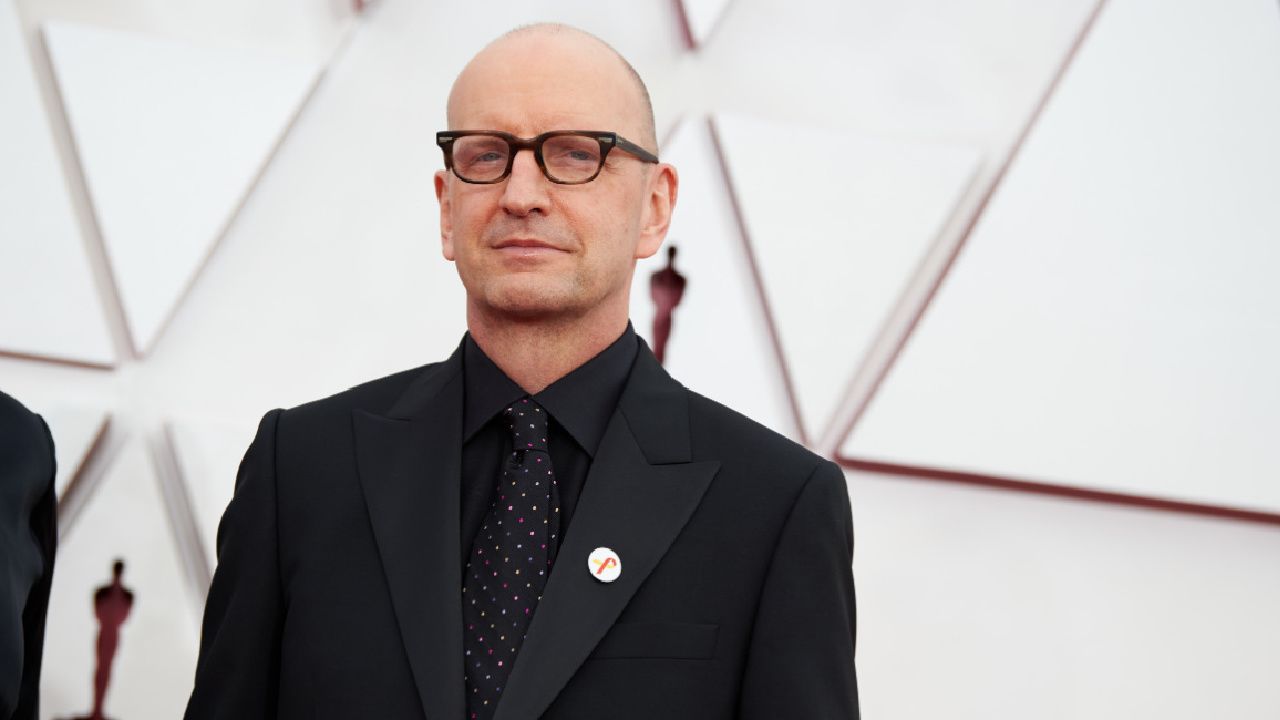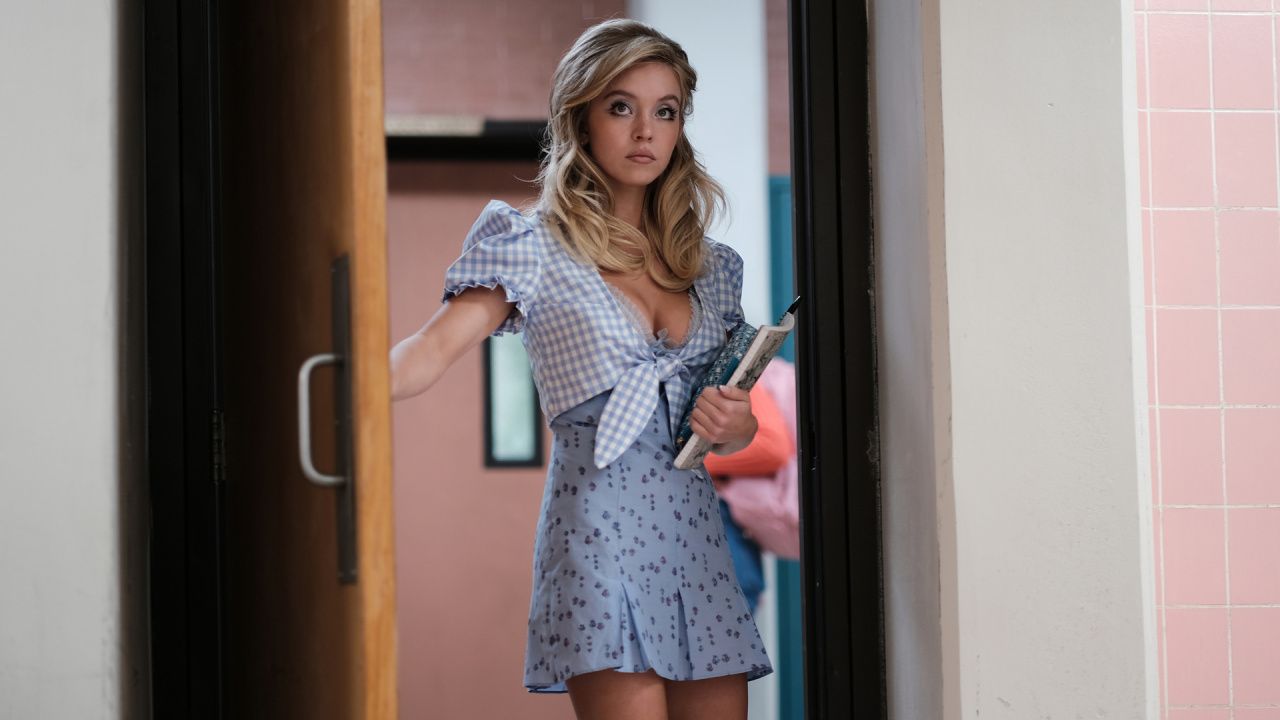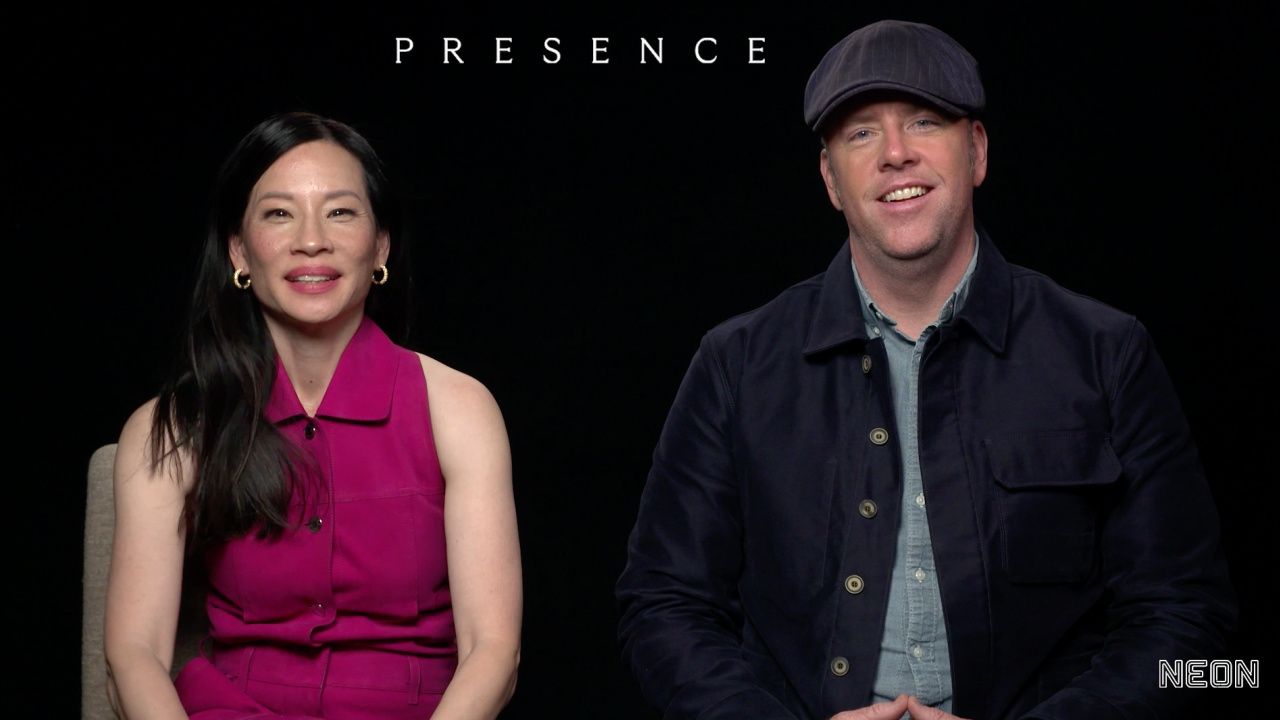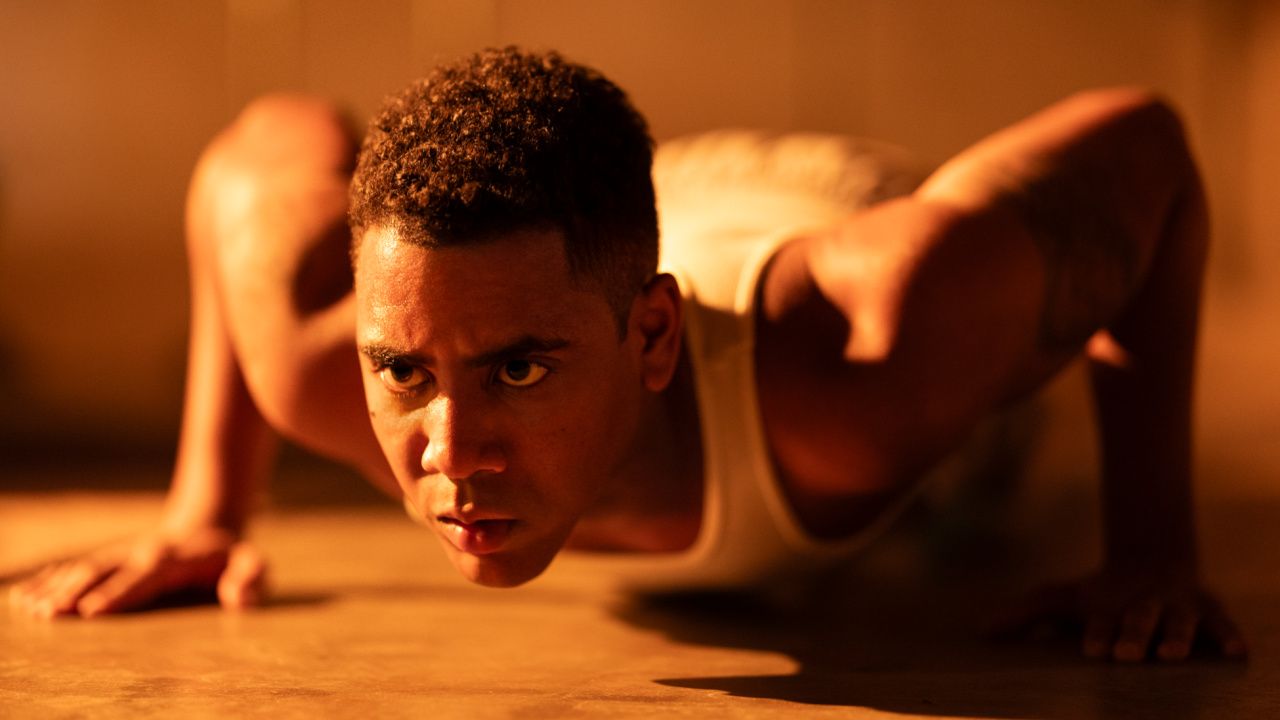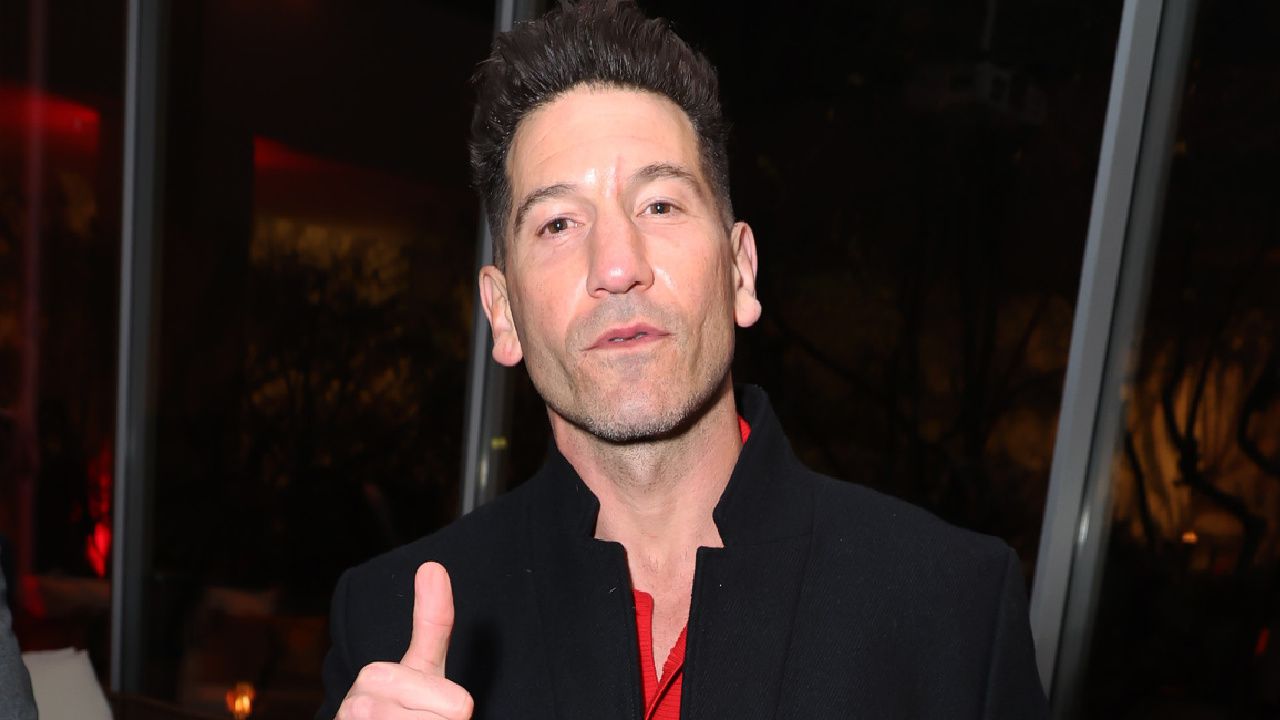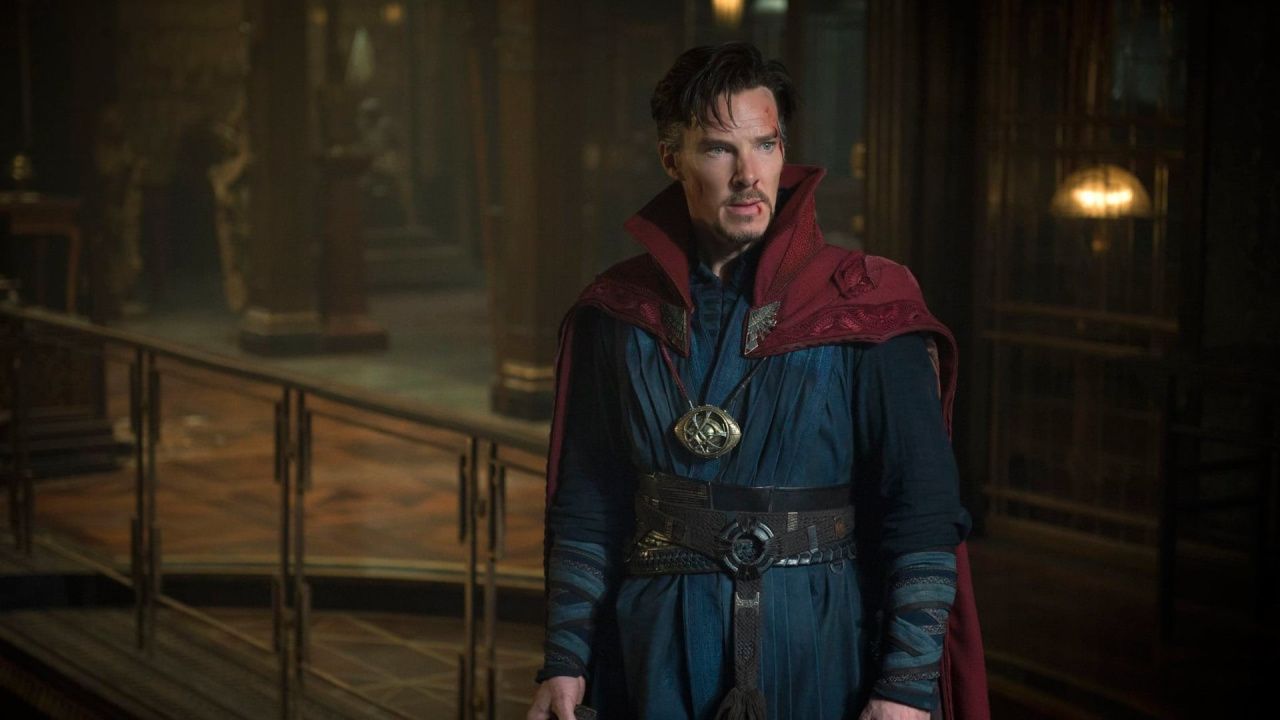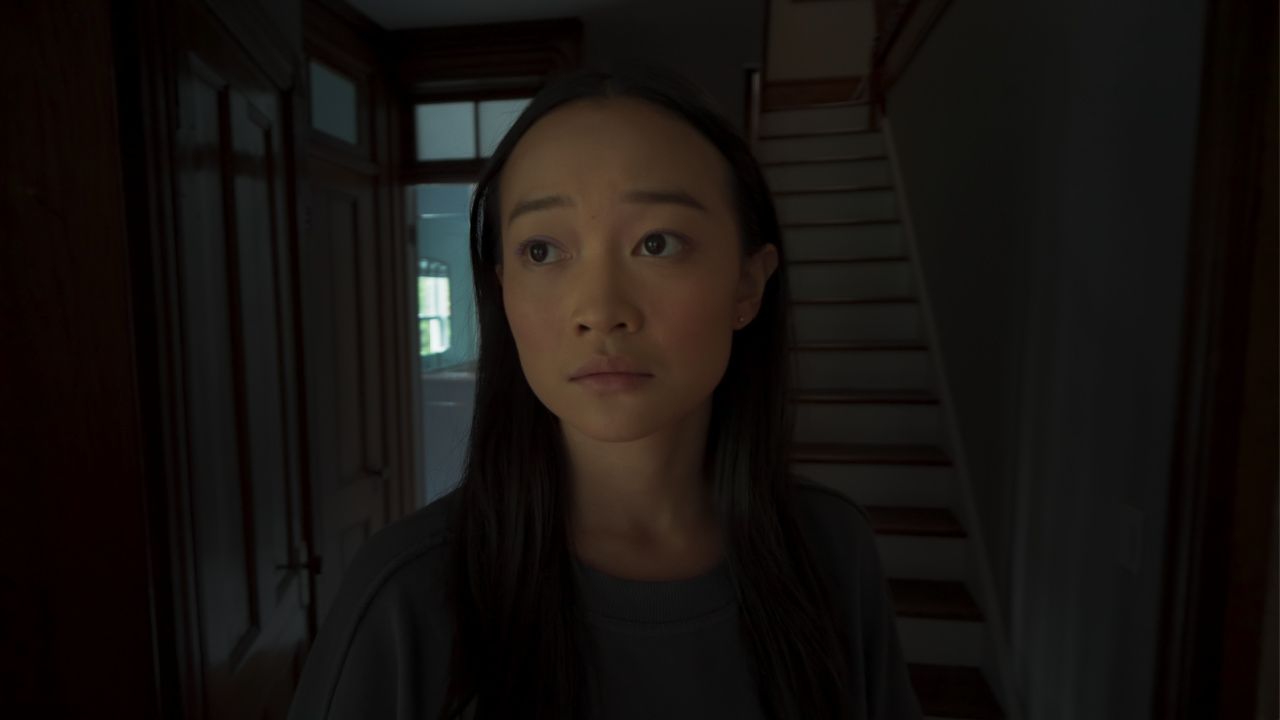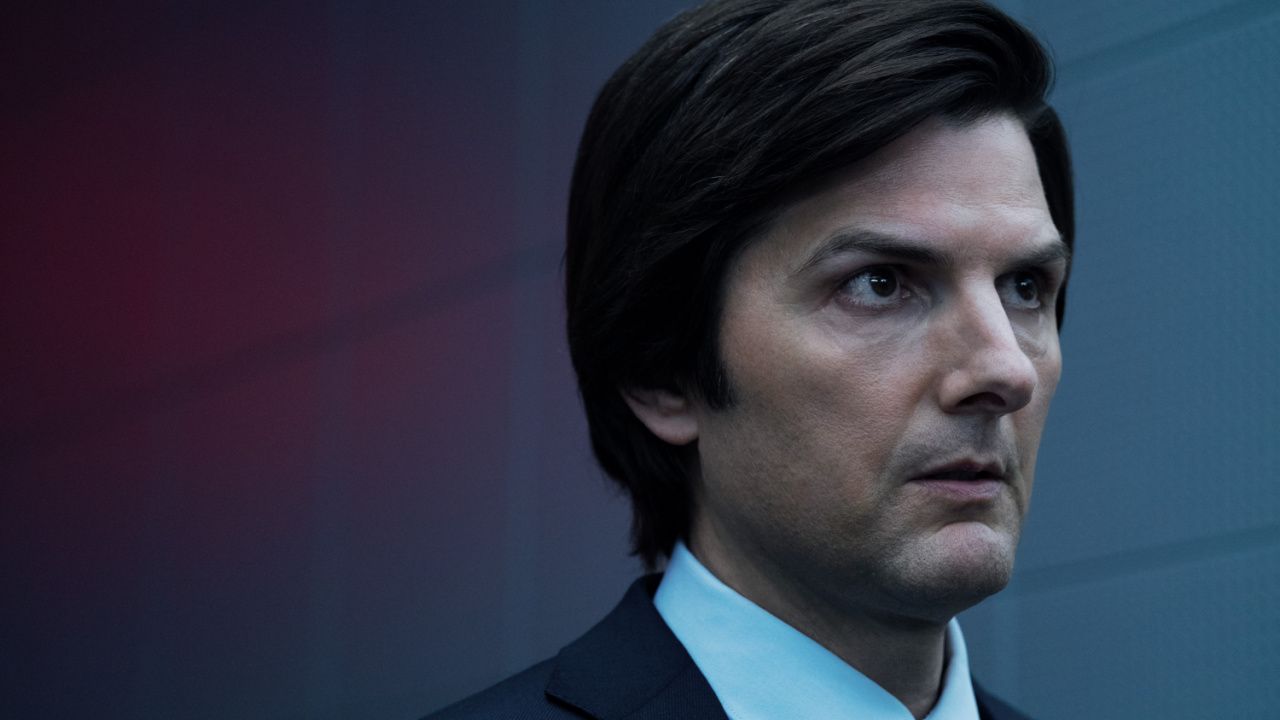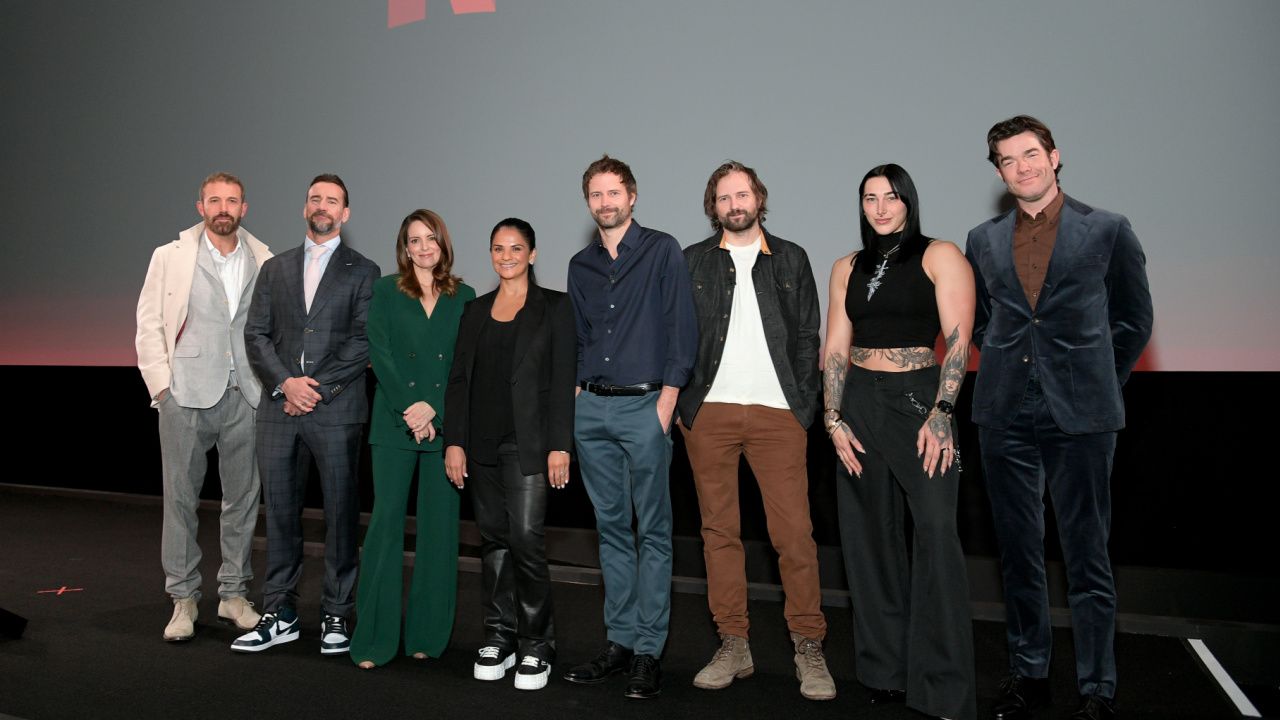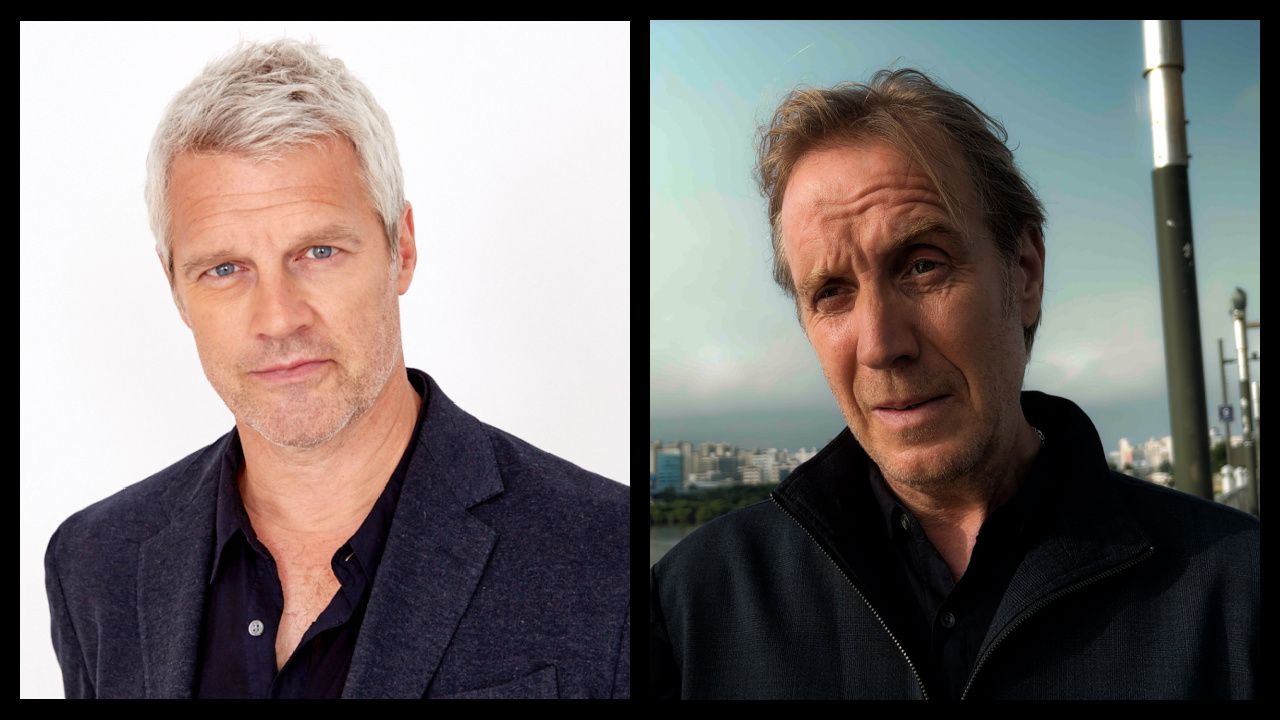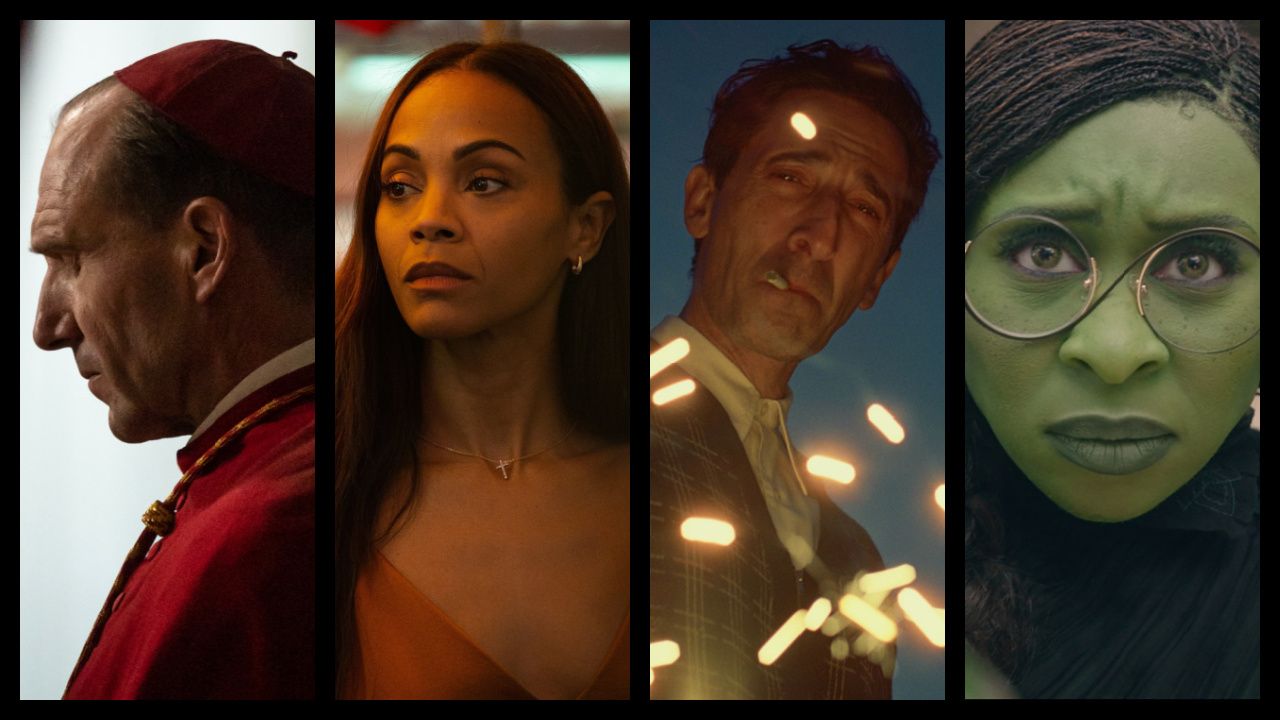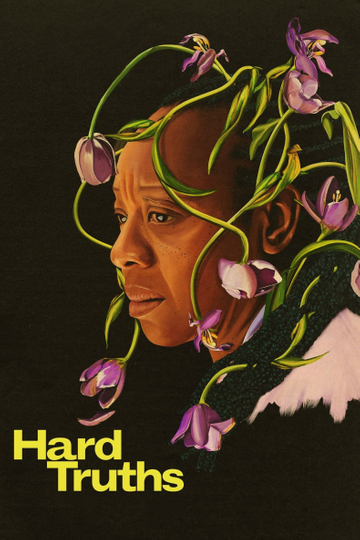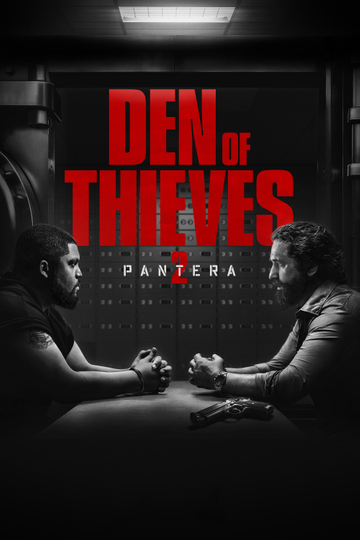Stars Taylour Paige & Riley Keough join director Janicza Bravo to talk about ‘Zola’
Zola stars Taylour Paige and Riley Keough talk about their “Wizard of Oz trip to Hell” and director Janicza Bravo discusses using comedy to tell Zola’s story. Then, actors Colman Domingo and Nicholas Braun talk about playing men in a woman’s story.
“Y’all wanna hear a story about why me and this b*tch fell out???????? It’s kinda long, but it’s full of suspense” So started the infamous 2015 Twitter thread that's been adapted into a movie, directed by Janicza Bravo, and starring Taylour Paige and Riley Keough. The director and the movie's cast recently sat down with Moviefone to talk about their new film.
Moviefone: Taylour, what was the preparation like for you for this role?
Taylour Paige: The preparation was life experiences and ghetto ass twenties. And I worked at Crazy Girls for four weeks before I left. And I worked with this guy Miles, he goes by @youngpolemaster. I did two privates with him. Talked to, made some friends at the strip club, shout out to Savage, her name Savage, aka Valencia, and yeah. And Tashina the Warrior in Tampa. She helped me with the pole and yeah.
MF: And for you, Riley, you're doing some racial appropriation in this movie. So what was that preparation like for you?
Riley Keough: Well, she was very clearly written on the page, so I had wonderful source material to work with. So the way that she looked, the way that she spoke was Janicza and Jeremy had very much fleshed out this character. So for my prep, it was literally a lot of mostly dialect coaching and talking to Janicza, figuring out how far we wanted to go with it. Janicza was very interested in making it as offensive as possible and as horrible as possible. So that was sort of the direction. And that was in my dialect, in my hairstyle and my actions, all of it was sort of dictated by making her this inappropriate demon.
MF: Taylour, why does Zola agree to go on this trip?
Paige: I mean, wouldn't you between 19 and 22 go on a road trip where you can make maybe $5,000 a night? I mean, look, I've had a lot of odd jobs... I've cleaned toilets, I've nannied, I've done concierge at Barry's Bootcamp, I've worked at a weed dispensary, I've taught kids acting, I've done all kinds of retail and restaurant jobs, and it's hard to pay the bills and survive and make your dreams pop. So I think the idea of making $5,000 a night is a no-brainer.
Keough: Not to mention that they sort of have this moment where they fall in love with each other, and you meet this girl, and you're like, "Ooh, why not?" Yeah, this sounds like a fun time and relationship. And I think there's that moment that Janicza and Taylour talk about, which is that sort of fish tank moment in Romeo and Juliet where you're like, "I see you. And I see you." And this kind of wild lustful collision that she doesn't know is going to end up in being Hell.
MF: It absolutely does turn into that. That weekend turns into a colossal mess, but Zola really turns out to be the heroine of the story.
Paige: Yeah. She's definitely the heart and brains of this Wizard of Oz to Hell. Yeah, I think her mentality is like, "Look, no one's looking out for me, but look, if we're going to do this, let's do it right." And yeah, I think symbolically I feel like I had mentioned this, throughout the movie she has all these bags and no one asks how heavy they are, if anyone can help her with them. And Stephanie, Riley's character, has a trash bag and a small bag that can't even fit anything, but maybe lip gloss in it. And you just think about the symbolism of the bags that I think black women carry or that they're assumed to carry, and no one really asks how heavy they are or what's in them.
Director Janicza Bravo also talked about the movie.
Moviefone: What was it about this story that was so interesting to you?
Janicza Bravo: The voice. There's just so much agency. This was written by a 19-year-old girl, and if I had had one shred of the confidence and the power that she had at 19, I can't imagine the woman I would be today.
MF: Let's talk about where she wrote this story.
Bravo: She wrote it in Detroit. She wrote it in Detroit, on Twitter. This was her third time writing the story. She had written it first on Tumblr. The second time she wrote it was on Twitter, and this was her third draft. The one that I read was the third draft, which was much more humored. It started in a more morose place, and then the farther she got away from the experience, the more she was able to process and exorcise it, and the funnier it got for her.
MF:This could be very uncomfortable for a lot of people, this subject matter. So, talking about sex trafficking using some humor is helpful.
Bravo: I think that if the film or if the source material had not woven humor throughout, I don't know that I would have been the right director for it, because I consider myself a comedy director. I consider myself a director of stressful comedy, specifically. And so I feel I was the right person for it, because it was in my wheelhouse, so to speak. And what I thought was such a triumph of the piece was that it was using humor around subject matter that had been very much devoid of humor because it should be, but she had used humor to get us to the end, and that you walk out of this movie being able to have a conversation on subject matter that people are too uncomfortable to engage with, that many of us probably have an arms' length distance to, about a group of people, women specifically, that it's easy for us to shut the door on.
So I hope that the film brings us a little bit closer. I hope that the humor invites the audience in and allows us to engage on subject matter that we feel has nothing to do with us.
MF: What kind of conversations did you have with your two lead actresses, Taylour Paige, and Riley Keough, about their character and especially Riley, because she's really playing a character that is a little inappropriate?
Bravo: With both of them, I said, "I want to approach this like I would a classic comedy. And that is to say, one of you is a straight man and the other is the buffoon." So we have a straight man and a clown, Taylour being the straight man, our heart, our narrator, and Riley being the clown, or the menace. And that was where we started was, that's the approach to this. One of you is a demon. The other of you is more angelic and there is humor through and through.
Lastly, Colman Domingo and Nicholas Braun talked about the movie with us.
Moviefone: Nicholas, were you aware of the series of tweets before signing on to this movie?
Nicholas Braun: I was not. I was not aware, I had not read them. They just didn't land on my radar because I'm not on Twitter very much. I'm not very good at Twitter. I would say I'm not concise. So yeah, they sent me the script, and they sent the tweet thread along alongside it. And so I read that first, then I read the script and the script just extended and fleshed out and made sort of fully realized what the tweets were.
MF: How about you, Domingo? Were you aware of the thread first?
Colman Domingo: No, not at all. But I read the script first more than anything. And then I went back to the tweets as a source material, and I was just blown away by the writing. I mean, who can write that in a Twitter feed? I think that she's a very talented writer and a great thinker, I think it's awesome.
MF: And I think she had more freedom in that format than if it were been somewhere else.
Domingo: Absolutely because she just got straight to it, and it was just concise. So she understood, it actually was in a new generation of writers. People who can only write with what was 140 characters and it has to be concise, and you have to be very, very meticulous with your language. I think she's supposed to be a modern day Shakespeare.
MF: This story is certainly outrageous. Nicholas, why is Derek on this 48-hour trip?
Braun: Not a question he asked himself, for sure. He really just wanted to follow his girlfriend, and she's making him believe that she's done sleeping with men for money. She's done a good job convincing him of that. So he goes just to help her make some money stripping and be her loyal puppy dog, and support her and tell her 'girl, you're a good dancer' and so he's just there to support her goal of making money, and maybe he'll get a cut of it. I think.
MF: He has issues himself.
(Domingo laughs.)
Braun: Yes.
Domingo: It's a little like judgment. That sounds a little judgey I think!
MF: It seems as if he's....
Domingo: Special?
Braun: Trouble.
MF: Special. That's a good word.
(Domingo laughs again.)
Braun: I think when I read the script, he says in the tweets and in the movie, I don't know if it's stayed in the movie, but he says 'I'm bipolar, my whole family is bipolar'. I looked up bipolar, he's not bipolar. He's actually borderline personality disorder. So he doesn't eat, he's never been checked out. He's not a guy who goes to a therapist or anybody like that. So he is borderline. So he does all these compulsive things, and he's afraid of getting abandoned, and he threatened suicide in order to make somebody stay with them, all of these symptoms of borderline personality disorder. He is troubled in that way.
MF: X kind of surprised me because at first, when they first take off on this journey down to Florida, he seemed like a different person than he ended up being in the end.
Domingo: What do you mean? Did he seem like a very loving, warm and generous… (laughing)
MF: I felt more that Stephanie was in charge, and he was...
Domingo: He was a little bit of a Machiavellian in a way. I did a lot of research about pimp culture and about mind control. And how do you manipulate people? How do you get people? How do you always have the upper hand? And I think that that was exactly what he was showing from the very beginning. I think those who may know people like this will understand it immediately. You know what I mean? But I think what I love is what Janicza did with this film, it shows you how you can get caught up in something like that.
So it's not just people being stupid, but people aren't thinking, and they're not seeing the clues. They've already laid out. People tell you who they are when they first show you, but you don't, if you don't hear it, you're not listening, and you just go blindly. And the next thing you know, you're caught up in something. So I think that was hopefully the intention, you don't know who he is immediately, but if you're actually really listening, listen to his first line, he says to Zola, 'Hey big Zola', he calls you this? He doesn't know you. So he's telling you how he's going to play with you and demean you and immediately in the first night.
‘Zola’ is now in theaters.
